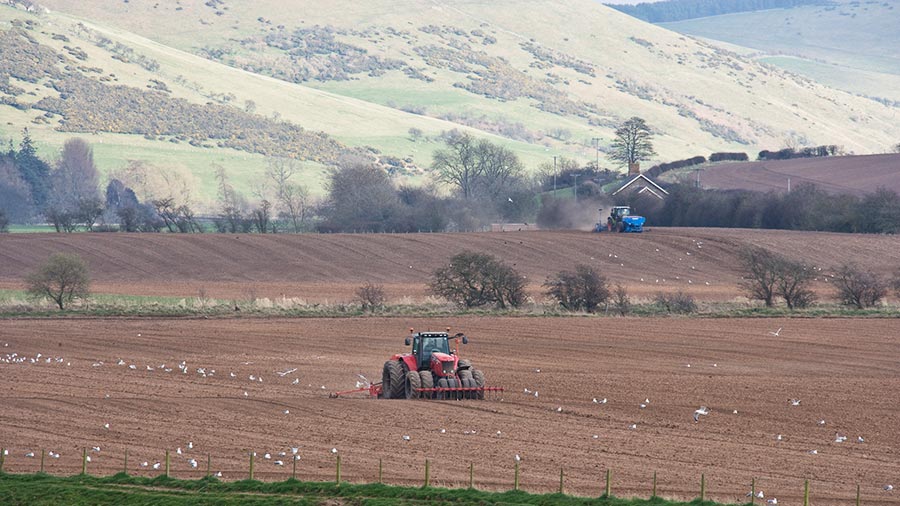RPA opens BPS query window and introduces delinked payments
 © Tim Scrivener
© Tim Scrivener As the Basic Payment Scheme (BPS) draws to a close at the end of 2023 in England, to be replaced by “delinked” payments in 2024, the Rural Payments Agency (RPA) has launched a 60-day window to submit any outstanding queries or appeals in relation to those BPS payments.
The Tenant Farmers Association (TFA) has explained that, for payments made before the new year, the query period will run until 29 February 2024.
But for BPS payments or decisions made on or after 1 January 2024, that 60-day window will begin on the date the payment or decision is made.
See also: Delinked payments: Advice on transfers, land sales and FBTs
Earlier in December, the RPA confirmed that 97% of eligible farmers in England had already received their final BPS 2023 money.
The TFA said: “There will be no mechanism to raise a query after the 60 days have expired.”
However, a second 60-day period is available following a query, to allow farm businesses to appeal a decision.
Queries can be lodged with the RPA on the government website using a payment query form.
Delinked payments
The introduction of delinked payments in the new year means farmers will no longer be required to submit BPS applications.
Rural land and property agents Strutt & Parker said farmers will still be eligible for delinked payments, even if they choose to stop farming altogether.
However, the firm added that as payments continue to be phased out, farmers in England will be facing reductions of 50-70% depending on the size of their claim.
Rhodri Thomas, head of rural at Strutt & Parker, said: “The pace of change has really stepped up in recent months, with those at the helm of farms and estates facing a quagmire of new legislation and government schemes.
“Layer on pressures like more extreme weather and increased market volatility and the picture gets all the more complex.”
As support payments reduce year on year, Strutt & Parker has outlined the importance of having an effective risk-management strategy.
The land agent said, given rising interest rates, farmers should carefully consider how to optimise the use of machinery, equipment and labour to raise efficiency, while managing their exposure to risk in terms of cropping and land use decisions.
It also advised farm businesses to continue to meet cross-compliance requirements, even though they no longer technically apply, as most of the standards will continue to remain in various different formats as other English laws.
Five things to watch out for in 2024
- New opportunities for renewable energy projects, such as solar power and battery storage
- Planning reforms for Class Q and Class R permitted development rights
- Effect on landlords of potential Renters’ Reform Bill
- Increasing prominence of “social value” provided by land and farms
- New Scottish Land Reform Bill on land ownership
Source: Strutt & Parker
